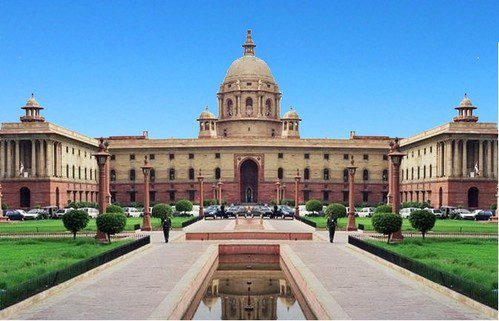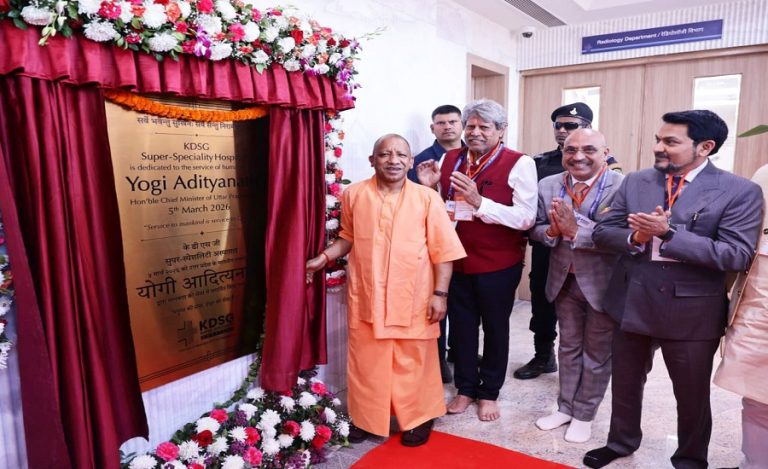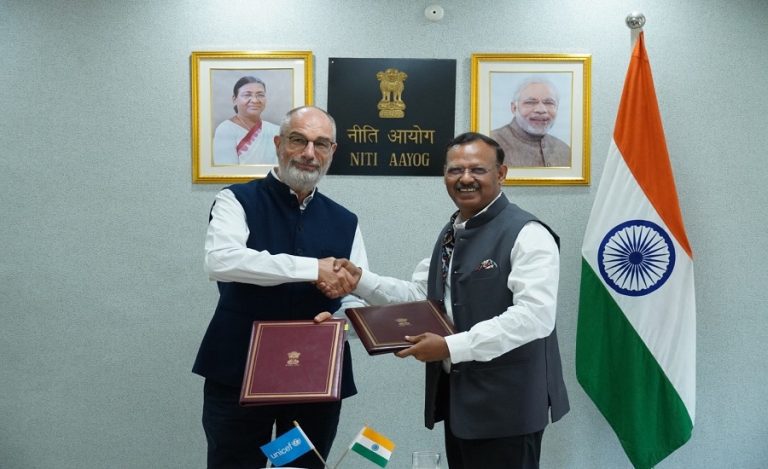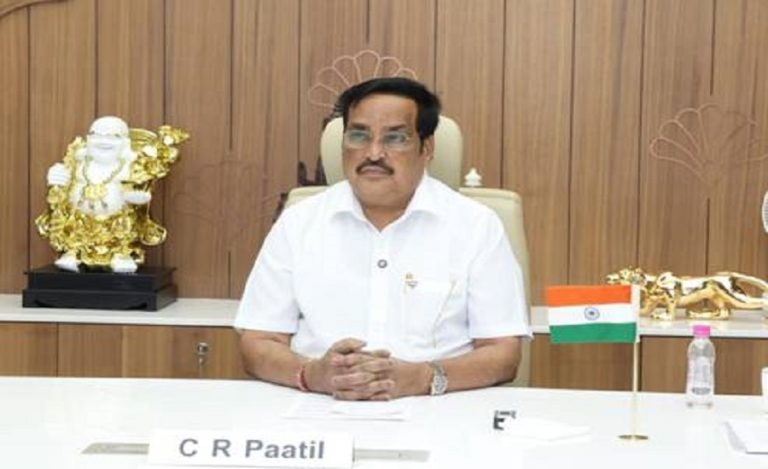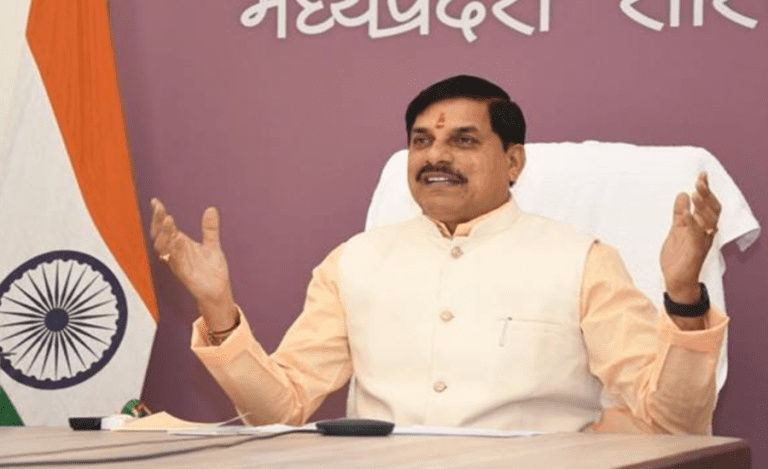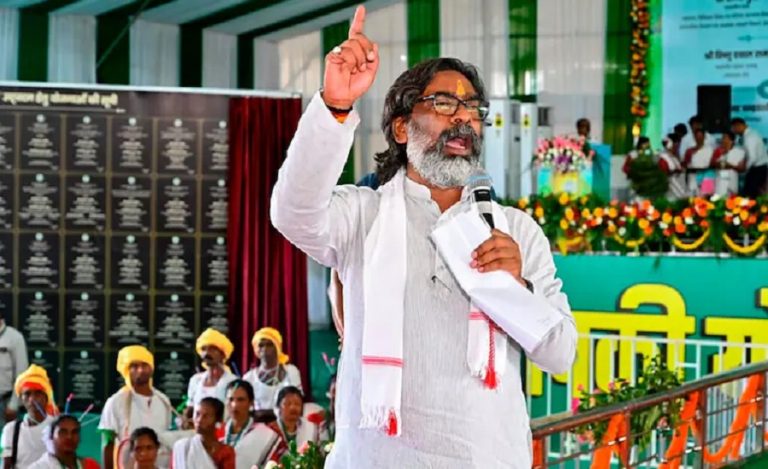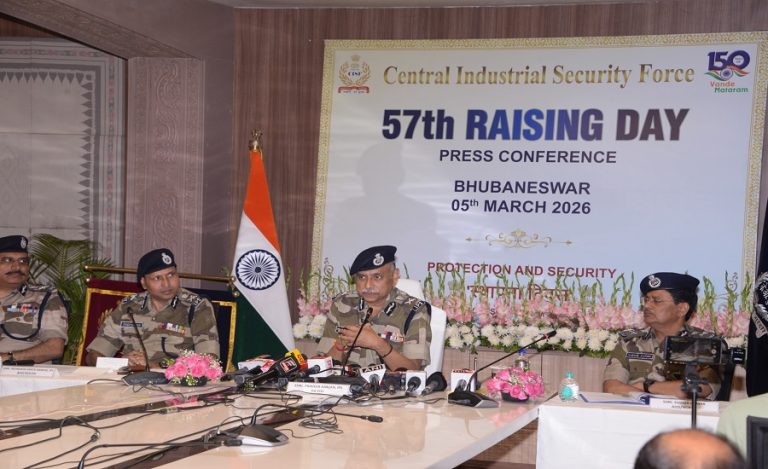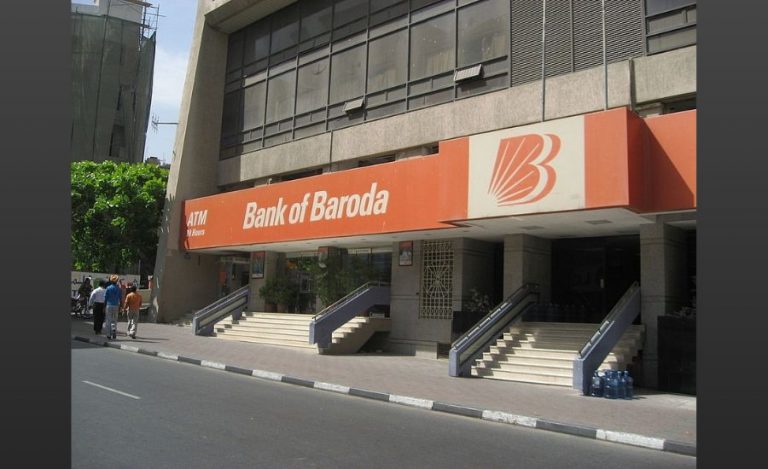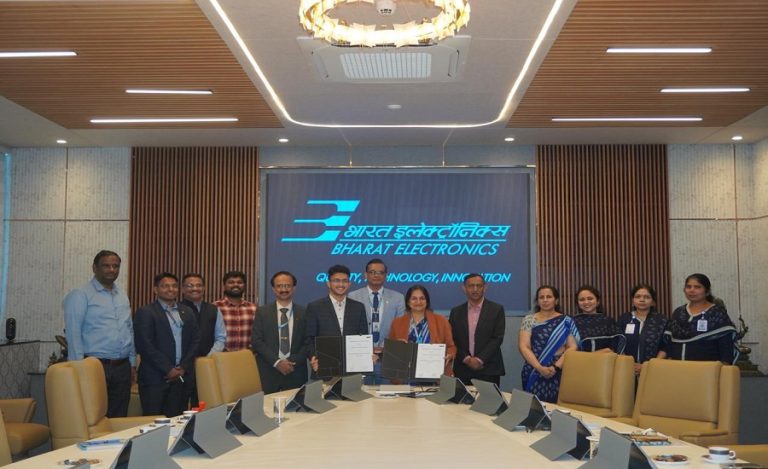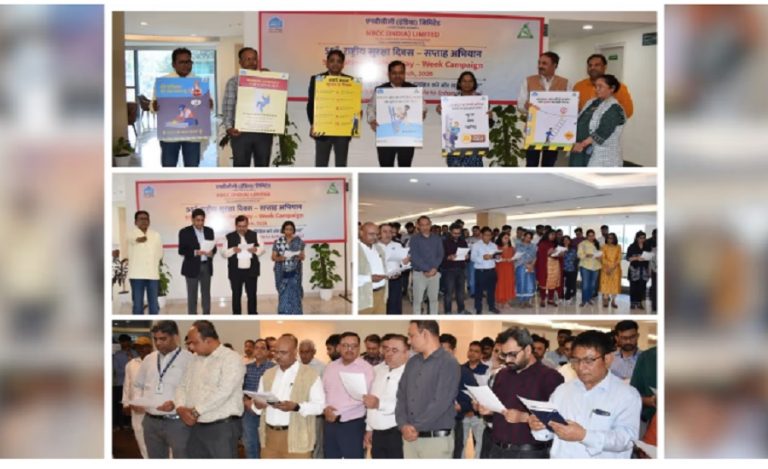The government is now free to choose who receives a better salary under a flexible seniority formula that governs the compensation of the top 11 directors general of the Indian Police Service.
For director generals (DGs) in nine out of 13 posts in central police organisations and paramilitary forces, apex pay scales in levels 17 or 16, the highest pay for bureaucrats, will be decided by the appointments committee of cabinet, the home ministry said in a notification last week.
Secretaries and DGs from a variety of services, including administrative, police, and foreign services, are eligible for the top pay scale. There are two levels. An officer at level 17 receives Rs 2.25 lakh (without allowances) per month. Without allowances, pay at level 16 ranges from Rs 2.05,400 to 2,24,400.
“The existing pay rules allowed the government to choose 11 senior most IPS officers empanelled as DGs for the apex pay scale in 15 organisations. Two of them, the director, of CBI and the director, of IB (Intelligence Bureau) have already been fixed in the apex pay scale.
“So, only nine more DGs out of the remaining 13 can get the apex pay scale, as decided by the appointments committee,” said an officer. “The seniority clause has been kept flexible.”
To be sure, the committee always had the power to give any DG level 17 or 16 in the apex pay scale; the latest notification has formalised it.
The change in rule was necessitated after Tapan Kumar Deka, an IPS officer from the 1988 batch, was appointed IB chief in July 2022. He was not among the 11 seniormost IPS officers at the time despite being the most senior police officer in the nation by virtue of leading the Intelligence Bureau, which serves as the principal organisation for all matters relating to the police.
In addition to the CBI and IB directors, the following organisations and positions are also eligible for the apex pay scale:
The directors of the Sardar Vallabhbhai Patel Police, Central Reserve Police Force, Indo Tibet Border Police, Central Industrial Security Force, National Security Guard, National Investigation Agency, National Human Rights Commission, Railway Protection Force, Sashatra Seema Bal, and the Bureau of Police Research and Development.

